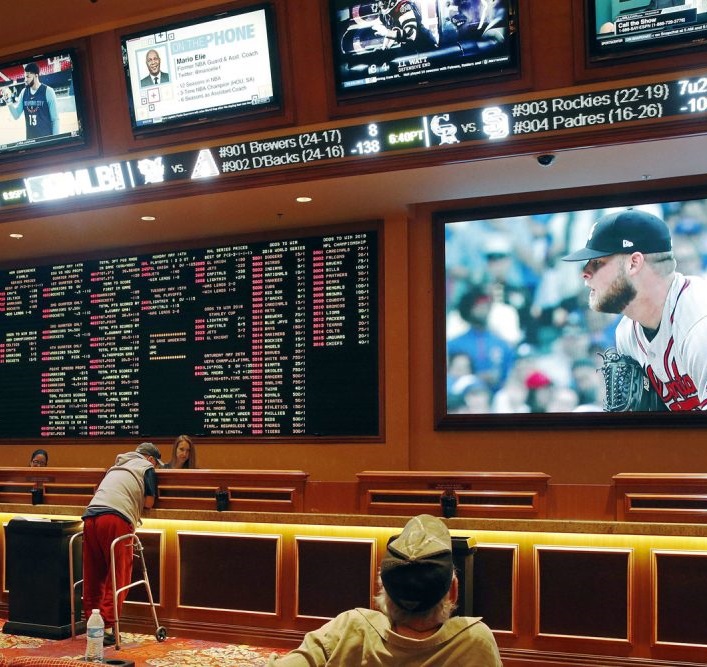Why the US has relaxed its sports betting laws

By overturning the long-established federal law that made sports betting illegal throughout the country in 2018, the United States Supreme Court opened zillions of doors of opportunities. As of August 2021, almost 80% of the states across the country have either made sports betting completely legal or have proposed legislation to do so.
The federal law called the Professional and Amateur Sports Protection Act, that outlawed sports wagering across the country was primarily struck down because it failed to achieve its original objectives. The original objectives of the act were prevention of sports gambling, protection of players, and elimination of corruption from sports.
This law basically backfired. The nationwide prohibition of sports betting engendered illegal sports gambling, created an underground sports betting market, and increased corruption in almost all-American sports.
The Bradley Act or PASPA faced many legal challenges as proponents of repeal claimed that the law must be rescinded due to its inherent unconstitutionality as it goes against the Tenth Amendment of the U.S. Constitution. The Tenth Amendment guarantees all states all rights that are not directly given to the federal government like gambling regulation. The most prominent legislative efforts made against the act came from the state of New Jersey.
Though the failure of this legislation was evident from the start, the Supreme Court took too long to see the truth. In addition to its failure to achieve its original objectives, the PASPA was overturned due to a variety of other factors. All sports betting bans across the country had and still have their roots in the Bradley Act.
Changing Attitudes Toward Sports Wagering
After witnessing the adverse effects of outlawing sports betting, the attitude of Americans changed significantly towards sports betting. As the years passed by and the detrimental effects of the underground sports betting market became visible, Americans became positive towards the idea of lifting the nationwide ban on sports wagering.
In the twenty-six years of PASPA, Americans presented different attitudes in different time periods. Gradually, people who opposed the legalization of sports betting declined in number. The estimates of economic favourability associated with its legalization renewed interest in lifting the ban. The massive shift in the nation’s perspective regarding sports betting can be seen through two polls: one conducted a year after PASPA’s enactment and the other conducted a year before its repeal. According to the poll conducted in 1993, 56% of respondents opposed the legalization of sports betting. In 2017, the number flipped with 55% of the respondents favouring the legalization.
Driving the Underground Market
Unnecessary bans and prohibitions can turn the most law-abiding citizens into criminals, many of whom do not even know that their actions are criminal. Many surveys show that only 38% of American adults know the sports betting laws of their state.
Sports betting is undoubtedly a very lucrative business for criminal organizations. Sports wagering in black market gives rise to many other criminal activities like money laundering and drug trafficking. According to a 2016 report, a criminal organization operated by only 4 people brought in 1 billion dollars in cash during a single football season.
The Benefits of Legal Sports Betting
The economic incentives that legal sports betting offers are massive. Most of the states across the country have relaxed their sports betting laws due to the potential economic benefits of legal sports wagering.
States like New York and Indiana who legalized sports betting in 2019, months before the pandemic are already enjoying its economic benefits with the sports betting market growing in the hoosier states, as reported on gamble Indiana.
After the COVID-19 pandemic, many states who have not previously pursued a legalization path for sports betting are now considering proposing legislation to legalize it in order to offset the economic losses the state incurred due to the pandemic.
839GYLCCC1992


 (2 votes, average: 4.50 out of 5)
(2 votes, average: 4.50 out of 5)
Leave a Reply